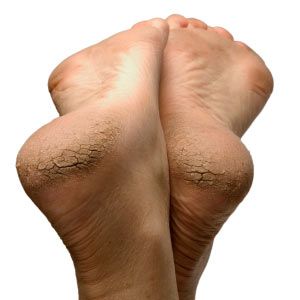Prior to the 20th century, cleanliness wasn't treated with the same regard as it is today. Now, we have a better understanding of the link between wellness and washing. And while it's great that our culture's hygienic standards have vaulted well past those of Medieval times, frequent cleansing can come with a price: dry skin.
This problem isn't nearly as bad as, say, catching the plague, but it can be uncomfortable and unattractive. That's because dryness can lead to itchy, flaky skin, as well as fine lines and wrinkles [source: Mayo Clinic].
Advertisement
It is possible to wash your skin without drying it out, but the task is twofold: You must change not only the products you use to cleanse it, but also your cleansing routine. The first step may seem intimidating -- particularly when you're confronted with an entire drug store aisle stocked with an array of face and body cleansers.
But once you make it past that phase and have the right product at home on your bathroom counter, you'll find that the next step is a lot easier. In fact, it's as simple as regulating your water temperature and knowing when it's best to wash -- and when it's not.
Fortunately, we have some easy guidelines for selecting and using cleansers that will help keep moisture sealed into your skin. On the following pages, we'll show you more about the different products, their ingredients and how often you should use them.
Advertisement



